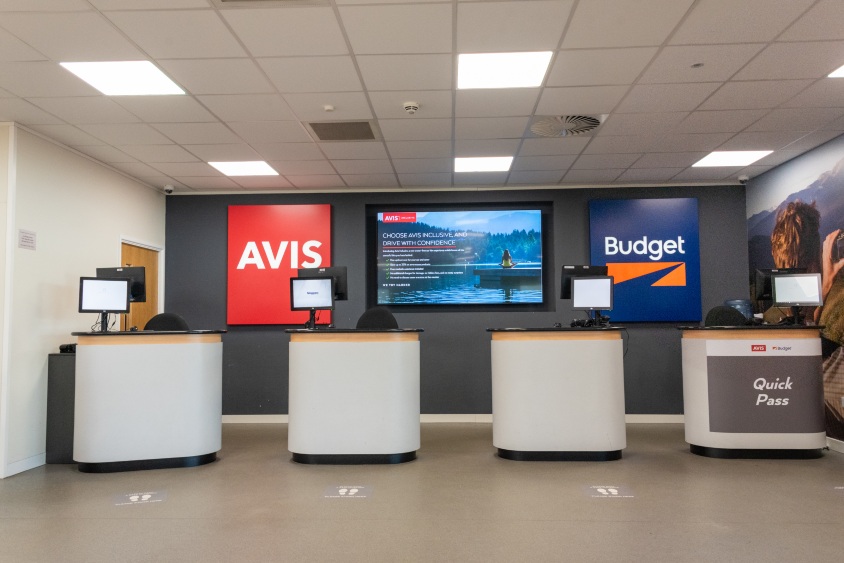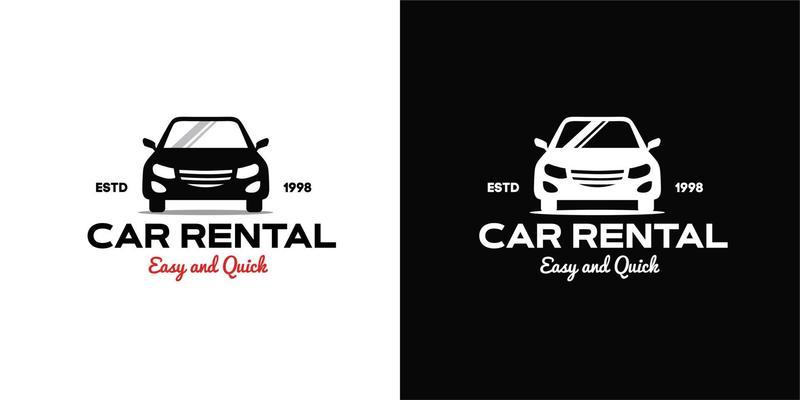Best Info For Choosing A Car Rental Website
How To Check The Coverage Of The Rental Insurance When Renting The VehicleIt is important to review the options and the insurance coverage offered by the rental agency to make sure you're protected and don't have to pay for unnecessary expenses. How to review insurance when renting a vehicle: Learn the basics of coverage. Start by knowing what the basic insurance is in your rental agreement. The majority of rental companies provide liability insurance of a basic nature, which includes bodily injury and damage to property caused by third party in the event that you are at fault. This coverage can have deductibles and limitations.
Consider Additional Insurance Options. Rental companies provide additional insurance options to protect you. Additional coverage is Collision Damage Waiver, which removes or reduces your financial liability in case of damages to your rental vehicle. Loss Damage Waiver covers damage or theft to the car.
Review the limits of coverage and deductables Review the coverage limits and deductibles that are associated with the various types of insurance. Determine the maximum amount the insurance company will cover for loss or damage, as well as the amount you will have to pay (deductible), before coverage begins.
Personal Insurance: Determine whether the auto insurance policy you have on your own or your credit card offer coverage for renting cars. Certain credit cards offer secondary insurance protection for rental cars in the event that you pay for your rental with the card. Similar to that, your auto insurance policy might provide coverage for rentals, though it depends on your policy.
Assess Your Risk-Tolerance: When deciding on whether or not to purchase extra insurance, take into consideration your risk tolerance and your financial situation. Consider additional coverage for those who want to protect yourself from theft or damage of your rental car. To save money, you could choose not to purchase the insurance through the rental company if you've already purchased sufficient insurance.
Find out about exclusions. It is important to inquire with the rental company if there are any restrictions on insurance coverage. Some examples include restrictions on off-roading, unauthorised drivers, or commercial usage. Make sure that you are aware of the specifics of the policy to avoid any unpleasant surprise.
Document Damages: Before settling the rental vehicle, check it thoroughly for signs of wear and tear. Note any dents or scratches on the rental contract, and capture photos or videos to provide evidence. This will prevent the renter from being liable for pre-existing damage when you return the vehicle.
Analyzing the insurance options and other options provided by the rental firm can help you make the right decisions. So you'll be covered throughout your rental time without incurring unnecessary costs. See the most popular these details about Rent Cars Around the World for website examples including book hire car, near me rent car, book rental car, rental luxury, car car hire, vehicle rent, rent a car rent a car, car rental luxury near me, luxury sedan rental, hire cars under 25 and more.

How Do You Inspect The Vehicle For Existing Damages Or Wear And Wear And
Before you sign the lease It is essential to inspect for any damage or wear and wear and tear. Otherwise, you could be liable for any issues which have already been present. Follow these steps for conducting a thorough inspections: External Inspection:
Take a look at the exterior of your car for any dents, scratches or damage.
Make sure you pay attention to any areas susceptible to being damaged such as bumpers and doors.
Make sure to inspect the windows and windshields for chips, cracks or other damages.
Examine the underside of the vehicle to look for evidence of leaks or damage to the undercarriage.
Interior Inspection
Unlock all doors, including the trunk, and inspect the interior of the car.
Check the seats, carpets and upholstery for stains tears or excessive wear.
Check that the adjustments on all seats, including that for the driver are working properly.
Check the dashboard, the steering wheel, and all the controls for damage or malfunctions.
Examine the state of HVAC systems, air conditioning systems and ventilation.
Check the sound, lights, signals and other electronic devices.
Functional Inspection
Begin your car and search for any error messages or warning lights on your dashboard.
Test the accelerator and brakes (if applicable) to ensure smooth operation.
To ensure that your headlights, high beams brake light, turn signal are working check them by turning on your lights.
Check the windshield wipers, washer fluid, horn and emergency/parking brake.
Document any damage:
To record any damage you have to document damage, you can utilize the rental agreement form or smartphone app offered by your rental company.
Take pictures or videos of your car from different angles. Be aware of any places that are showing signs of wear or damage.
Be sure to note the area, size and the magnitude of each scratch dent, or other damage on the rental agreement form.
You must inform the representative from the rental company about any damage before you take the car.
Report Damage:
The representative of the rental company should be informed of any damage or issues that you've found in the course of your inspection.
It is important that they record any damage to their documents. Also, request a copy the report of inspection.
Complete the rental agreement form, or the inspection report together with the representative from the rental company, to acknowledge the damage that is already present.
These steps can help you avoid any liability issues and make sure that your rental experience is pleasant.

What Should You Consider When It Comes To The Conditions And Terms Of Returning The Rental Car?
When you review the terms and conditions for returning the rental vehicle, it's important to consider several aspects to make sure that you have a smooth and easy return process. These are the most important things to take into consideration: The designated location Check if the rental agreement provides the drop-off point for your rental. Returning the rental vehicle at the right location, as stipulated by the rental company is vital. You should confirm the exact location of any drop-off of your rental vehicle.
Acceptable Return Times: Check the acceptable return time specified in the rental agreement. Rental companies will specify a particular date and time for returning vehicles. To avoid penalties or fees for late payments be sure to return the car by the deadline specified.
Examine the rental agreement to see the penalties for late returns. Know the ramifications of returning the vehicle prior to the agreed return time, including potential extra charges, late fees, or other penalties. Some rental companies charge the full rental rate per day for late returns.
Ask about your options for extending your rental. Some rental companies will allow you to extend your rental period. It is contingent on availability, and may incur additional fees. You can request a rental extension by calling the rental agency ahead of time.
Return Condition: Be aware of what is required to return the rental car. The majority of rental agreements require that the vehicle should be returned in the exact state as the time it was rented with wear and tear that is reasonable acceptable. Be sure to follow any guidelines regarding cleaning the vehicle and removing personal items before returning it.
Inspection of the Vehicle upon Return Inspection of the Vehicle at Return on the vehicle prior to returning it to the rental company. Check for any new issues or damages that might be present during your rental period. Note any new issues or damage and bring it to the attention the agent's representative.
Return Process. Understand the return processes which includes any documentation or procedure required. Follow the directions provided by the rental company to assist in returning the keys, including the necessary paperwork and getting a receipt or confirmation of return.
You can avoid charges and problems by reading these aspects, as well as the terms and conditions of returning the rental vehicle.
